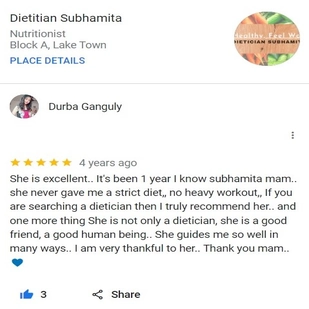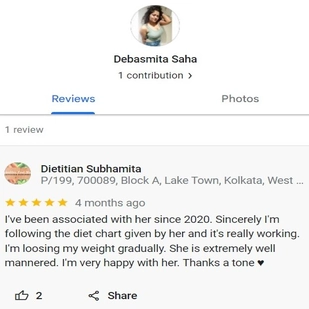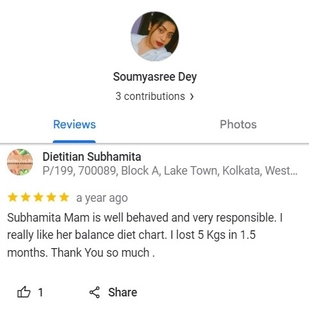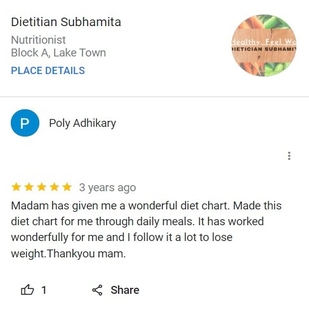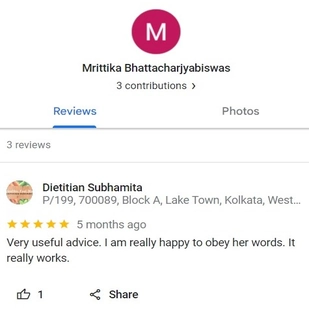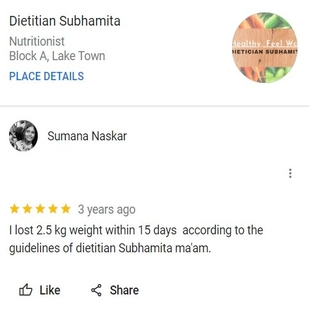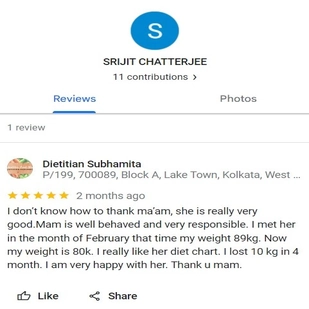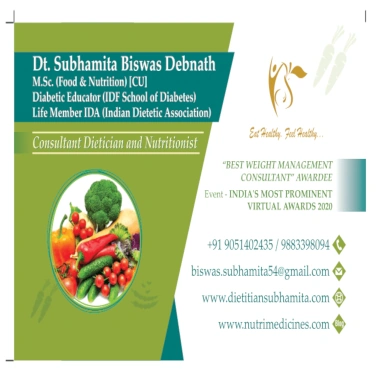
Johns Hopkins University Cancer Update
20/08/17
NOT THE CHEMOTHERAPY BUT THE NUTRITIONAL THERAPY IS THE BEST TO FIGHT CANCER CELLS!!
AFTER YEARS OF TELLING PEOPLE CHEMOTHERAPY IS THE ONLY WAY TO TRY ('TRY', BEING THE KEY WORD) TO ELIMINATE CANCER, JOHNS HOPKINS IS FINALLY STARTING TO TELL YOU THERE IS AN ALTERNATIVE WAY ..
Cancer Update from Johns Hopkins:
1. Every person has cancer cells in the body.. These cancer cells do not show up in the standard tests until they have multiplied to a few billion. When doctors tell cancer patients that there are no more cancer cells in their bodies after treatment, it just means the tests are unable to detect the cancer cells because they have not reached the detectable size.
2. Cancer cells occur between 6 to more than 10 times in a
person's lifetime.
3. When the person's immune system is strong the cancer
cells will be destroyed and prevented from multiplying and forming tumors.
4. When a person has cancer it indicates the person has
nutritional deficiencies. These could be due to genetic,
but also to environmental, food and lifestyle factors.
5. To overcome the multiple nutritional deficiencies, changing diet to eat more adequately and healthy, 4-5 times/day and by including supplements will strengthen the immune system.
6. Chemotherapy involves poisoning the rapidly-growing
cancer cells and also destroys rapidly-growing healthy cells in the bone marrow, gastrointestinal tract etc., and can cause organ damage, like liver, kidneys, heart, lungs etc.
7. Radiation while destroying cancer cells also burns, scars and damages healthy cells, tissues and organs.
8. Initial treatment with chemotherapy and radiation will often reduce tumor size.
However prolonged use of chemotherapy and radiation do not result in more tumor destruction.
9.. When the body has too much toxic burden from
chemotherapy and radiation the immune system is either
compromised or destroyed, hence the person can succumb to various kinds of infections and complications.
10. Chemotherapy and radiation can cause cancer cells to mutate and become resistant and difficult to destroy. Surgery can also cause cancer cells to spread to other sites.
11. An effective way to battle cancer is to starve the cancer
cells by not feeding it with the foods it needs to multiply.
*CANCER CELLS FEED ON:
a. Sugar substitutes like NutraSweet, Equal, Spoonful, etc. are made with Aspartame and it is harmful. A better natural substitute would be Manuka honey or molasses, but only in very small amounts. Table salt has a chemical added to make it white in color Better alternative is Bragg's aminos or sea salt.
b. Milk causes the body to produce mucus, especially in the gastro-intestinal tract. Cancer feeds on mucus.. By cutting off milk and substituting with unsweetened soy milk cancer cells are being starved.
c. Cancer cells thrive in an acid environment. A meat-based diet is acidic. Meat also contains livestock antibiotics, growth hormones and parasites, which are all harmful, especially to people with cancer.
d.. A diet made of 80% fresh vegetables and juice, whole
grains, seeds, nuts and a little fruits help put the body into
an alkaline environment. About 20% can be from cooked food including beans. Fresh vegetable juices provide live enzymes that are easily absorbed and reach down to cellular levels within 15 minutes to nourish and enhance growth of healthy cells. To obtain live enzymes for building healthy cells try and drink fresh vegetable juice (most vegetables including bean sprouts) and eat some raw vegetables 2 or 3 times a day. Enzymes are destroyed at
temperatures of 104 degrees F (40 degrees C)..
e. Avoid coffee, tea, and chocolate, which have high
caffeine Green tea is a better alternative and has cancer
fighting properties. Water-best to drink purified water, or
filtered, to avoid known toxins and heavy metals in tap
water. Distilled water is acidic, avoid it.
12. Meat protein is difficult to digest and requires a lot of
digestive enzymes. Undigested meat remaining in the intestines becomes putrefied and leads to more toxic buildup.
13. Cancer cell walls have a tough protein covering. By
refraining from meat it frees more enzymes to attack the protein walls of cancer cells and allows the
body's killer cells to destroy the cancer cells.
14. Some supplements build up the immune system
(IP6, Flor-ssence, Essiac, anti-oxidants, vitamins, minerals,
EFAs etc.) to enable the body's own killer cells to destroy cancer cells.. Other supplements like vitamin E are known to cause apoptosis, or programmed cell death, the body's normal method of disposing of damaged, unwanted, or unneeded cells.
15. Cancer is a disease of the mind, body, and spirit.
A proactive and positive spirit will help the cancer warrior
be a survivor. Anger, unforgiveness and bitterness put the body into a stressful and acidic environment. Learn to have a loving and forgiving spirit. Learn to relax and enjoy life.
16. Cancer cells cannot thrive in an oxygenated
environment. Exercising daily, and deep breathing help to
get more oxygen down to the cellular level. Oxygen therapy is another means employed to destroy cancer cells.
This is an article that should be sent to anyone important in your life..












